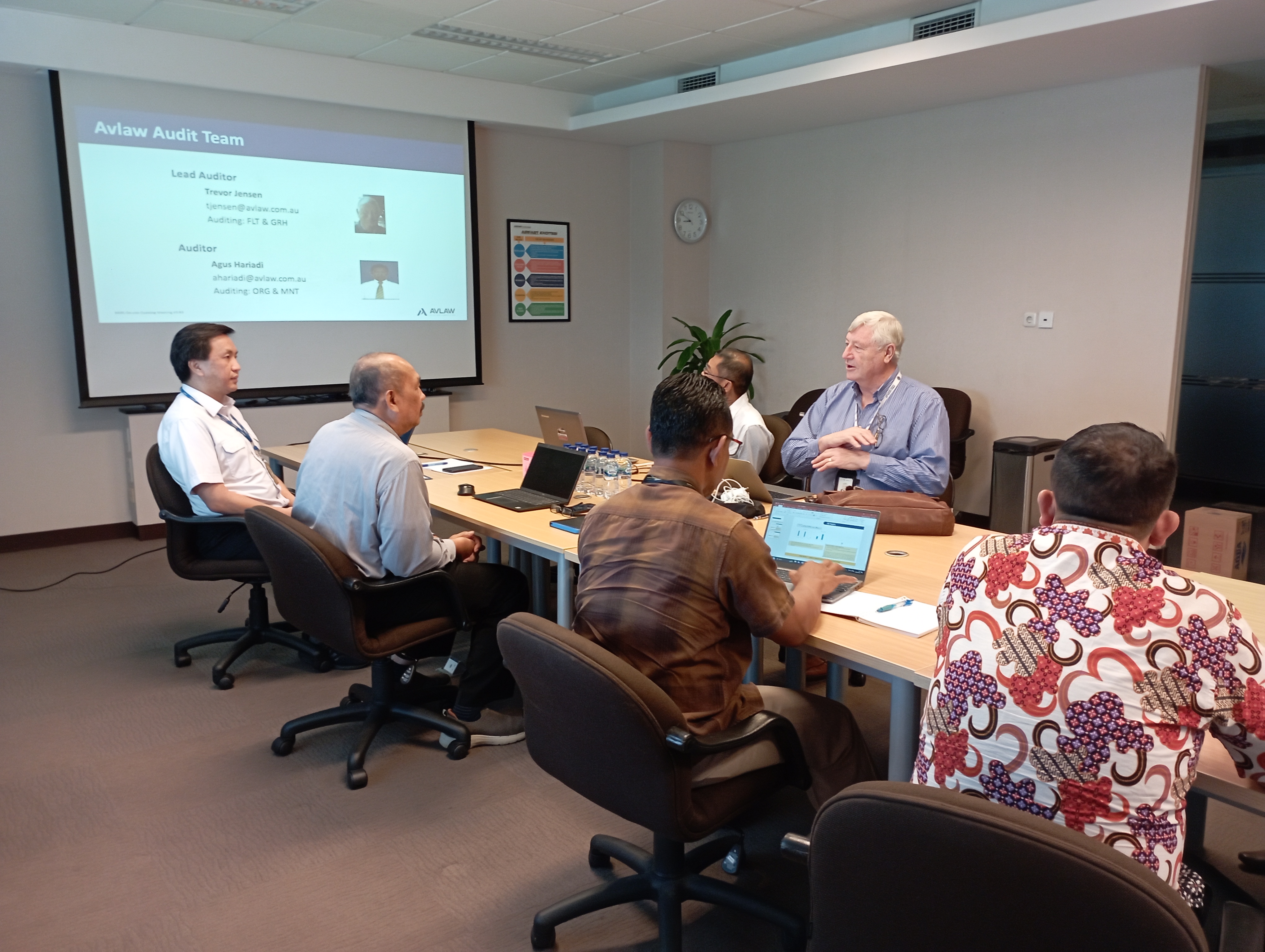

Basic Aviation Risk Standards (BARS) is an aviation safety standards developed by the Flight Safety Foundation (FSF).
In the past, each resource company had its own aviation safety standard and would engage aviation service providers to transport staff to work sites. There was no single industry aviation standard to manage their aviation safety risk. The variety of standards meant that aircraft operators underwent multiple annual audits creating an unnecessary burden. There was no formal process by which safety audit results, accident data or safety findings could be shared between the companies or across the resource industry.
In 2010, major players in the resource industry came together and approached the Flight Safety Foundation (FSF) as an independent, impartial not-for-profit organization to collaborate in establishing a global aviation safety assessment and audit protocol (The BAR Standard). The 12 founding BARS Member Organizations (BMO) then worked with FSF over twelve months to develop the BARS Program and turn it into an award-winning International Aviation Safety Program.
The BARS Program has grown in membership and expanded from the resource and mining sectors to include government, insurance, commercial, defenses and humanitarian organizations that also conduct global aviation activities in remote locations.
AIRFAST Indonesia has been participating in the BARS Program as an aircraft operator since the very early days.
The initial BARS Certification Audit was completed in 2012 where AIRFAST Indonesia demonstrated it has met the requirement of the BAR Standard, and was granted a BARS’s GREEN Registration status.
AIRFAST has maintained continuous registration with the BARS Program in the subsequent years. The GREEN registration status was transformed to SILVER registration status in 2013 and then into GOLD registration status in 2014. AIRFAST Indonesia has demonstrated its commitment to maintaining the GOLD registration status until today.


In the executive summary of the BARS audit report 2024, there is a good commendation for the Company Overview:
At the core of Airfast Indonesia's operations is a strong management commitment to safety. This dedication has earned the company recognition for providing secure and reliable air transportation services to a diverse range of domestic and international clients. Airfast has demonstrated its expertise and resourcefulness on the global stage, undertaking contracts in numerous countries such as India, the Solomon Islands, Vietnam, and the United Arab Emirates. It has also supported the United Nations Sudan program.
AIRFAST Indonesia maintains its GOLD Monitoring Audit in July 2024.